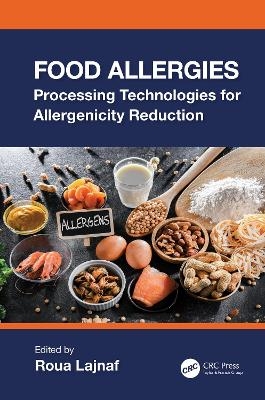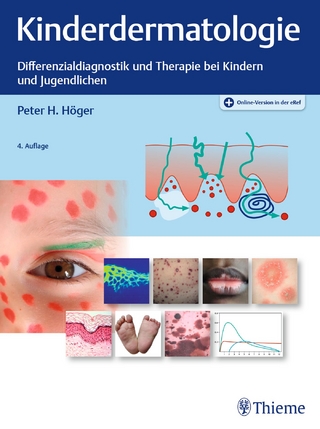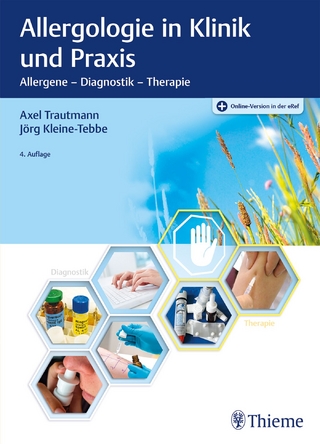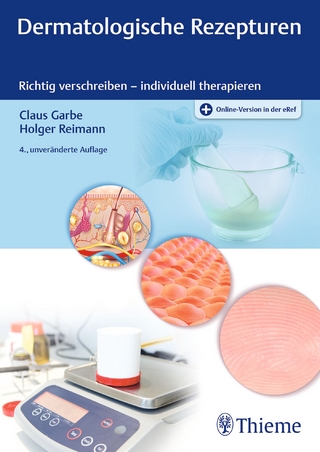
Food Allergies
CRC Press (Verlag)
978-1-032-55696-3 (ISBN)
Much has been written about food allergies in scientific journals and in the lay press, but Food Allergies: Processing Technologies for Allergenicity Reduction approaches the issue of food allergies from an industrial processing rather than a clinical perspective.
Indeed, industrial food processing technologies can have many beneficial effects to obtain various food products and to preserve foods from physical, chemical and microbiological alterations. However, processing technologies, including thermal and non‑thermal technologies, can also alter the allergenic properties of food proteins.
This book provides an authoritative source of information on the relationship between food processing technologies and food allergens with a greater variety of studied allergens including peanuts, tree nuts, cow’s milk, eggs, sesame, lupine, soy, wheat, mustard, mushroom, fish and shellfish, as well as the importance of processing these when producing hypoallergenic foods.
Key Features:
Presents food allergies with recent advances and statistics concerning prevalence, physiopathologic mechanism, diagnosis and anaphylaxis
Discusses food allergies in the food industry and investigates the effect of processing on allergenicity of foods during manufacturing
Provides food processing and promising technologies to produce hypoallergenic food with high quality
Covers the allergenic effect of different food additives with an investigation of cross‑reaction risks
This unique book is an indispensable guide for allergic patients, production managers, scientists and nutritionists within the food industry as well as covering a range of critical topics in this area for all those concerned with understanding and managing food allergies.
Dr. Roua Lajnaf received the Engineer and MSc degrees in Biological Engineering from National Engineering School of Sfax, Tunisia, in 2011 and 2012, respectively, and the PhD degree in biochemistry and Food Technology from University of Montpellier, France, in 2017. Her areas of expertise include the purification of milk proteins from different mammalian species and the study of the effect of different food processinf technologies (heat treatment, high pressure, acidification, enzymatic hydrolysis, fermentation) on their properties, including techno-functional properties and allergenicity. Dr. Lajnaf has worked in academics as well as in Food Engineering Processes at universities of Sfax, Monastir and Tunis El-Manar in Tunisia teaching students about different fields including food technology, management quality and nutritional pathologies : food allergies. She has participated in numerous conferences, seminars, and congresses and has authored many research papers, review articles, book chapters, books and patents on different subjects in food engineering and food allergies. She is also a reviewer for various journals in food biochemistry and toxicology. She was the lead Guest Editor for many journals in nutrition and allergy sciences. Dr. Roua Lajnaf was awarded a L’Oréal UNESCO For Women in Science Prize in 2022, in the field of Biological Sciences for the invention of suitable alternative to children with cow's milk protein.
About the Editor. List of Contributors. Preface. Acknowledgements. Section I Food Allergy and Allergens: An Overview. Chapter 1 Food Allergies: Recent Advances about Prevalence, Allergens, Physicopathologic Mechanism, Diagnosis and Immunotherapy. Chapter 2 Food Allergens: History, Physical Examination and Molecular Structure. Section II Food Processing Technologies and Allergenicity. Chapter 3 Cow’s Milk Allergy: From Allergens to Cross‑Reactivity and Effect of Thermal and Nonthermal Processing Technologies on Allergenicity of Dairy Products. Chapter 4 A Journey through Peanut Processing Techniques for Mitigating Allergenicity: Unveiling Hypoallergenic Alternatives for Peanut‑Allergic Patients. Chapter 5 Effect of Food Processing on Allergenicity of Egg Proteins. Chapter 6 Sesame Allergy: Presentation, Prevalence and Effect of Processing on the Allergenicity of Proteins. Chapter 7 Lupine Allergy: Prevalence, Cross‑Reactivity and Effect of Food Processing. Chapter 8 Tree Nut Allergy: Effect of Thermal and Non‑Thermal Processing on Allergenicity of Tree Nuts. Chapter 9 Processing Wheat Foods and Allergenicity. Chapter 10 Food Allergies and Processing of Soy Products. Chapter 11 Mustard Allergy and Allergens: Effect of Processing on Allergenicity. Chapter 12 Food Processing and Allergens of Fish and Shellfish. Chapter 13 Mushroom Allergy, Allergens, Cross‑Reactivity and Processing Effects on Allergenicity. Section III Food Allergy Management in the Food Industry. Chapter 14 Principles for Allergen Management, Control in the Food Industry and Allergenic Food Additives. Chapter 15 Food Processing Technology to Produce Hypoallergenic Food with High Quality. Chapter 16 Promising Processing Technologies for Allergenicity Reduction and Their Limitations and Perspectives. Index.
| Erscheinungsdatum | 18.09.2024 |
|---|---|
| Zusatzinfo | 25 Tables, black and white; 6 Line drawings, color; 3 Line drawings, black and white; 25 Halftones, color; 31 Illustrations, color; 3 Illustrations, black and white |
| Verlagsort | London |
| Sprache | englisch |
| Maße | 156 x 234 mm |
| Gewicht | 802 g |
| Themenwelt | Medizin / Pharmazie ► Medizinische Fachgebiete ► Dermatologie |
| Technik ► Lebensmitteltechnologie | |
| ISBN-10 | 1-032-55696-X / 103255696X |
| ISBN-13 | 978-1-032-55696-3 / 9781032556963 |
| Zustand | Neuware |
| Haben Sie eine Frage zum Produkt? |
aus dem Bereich


